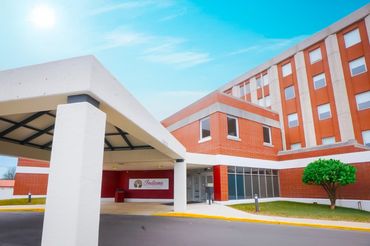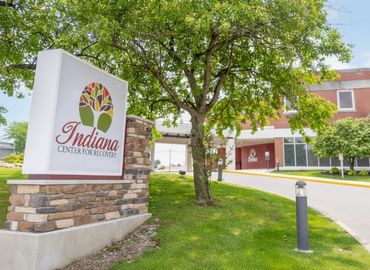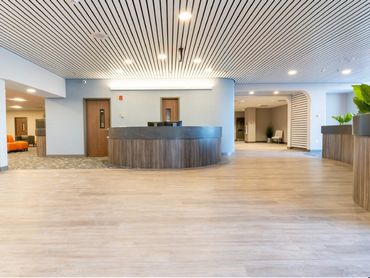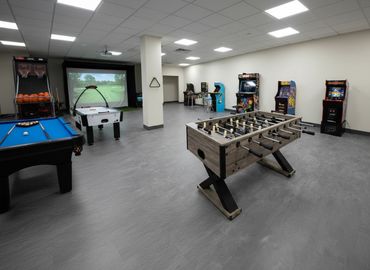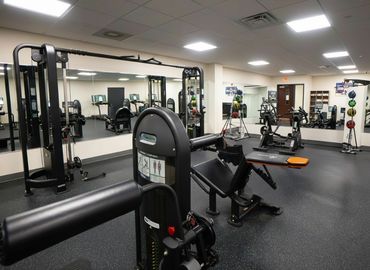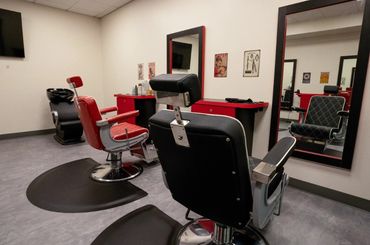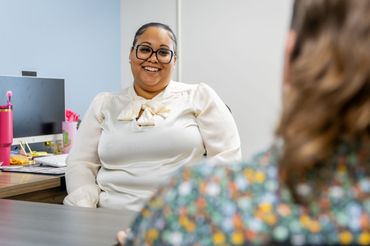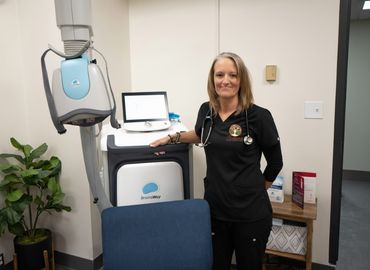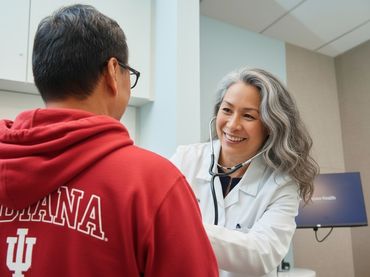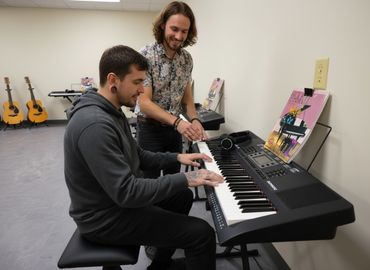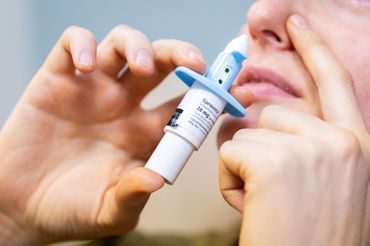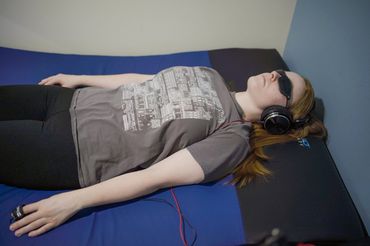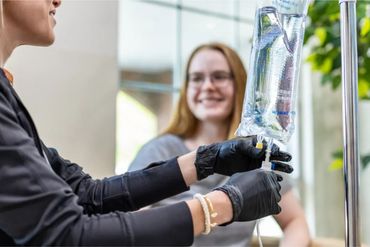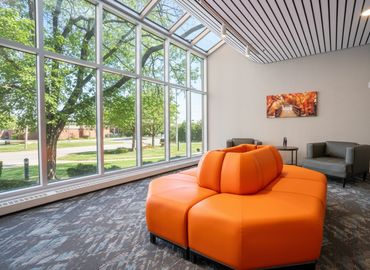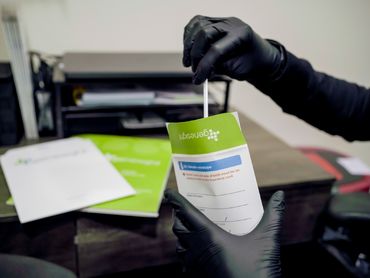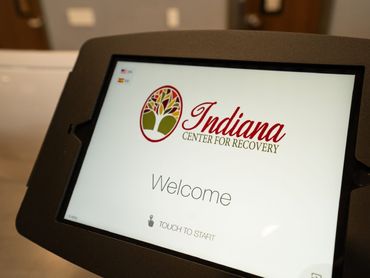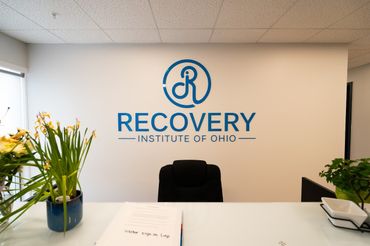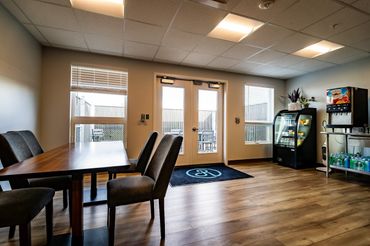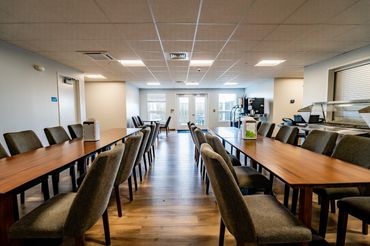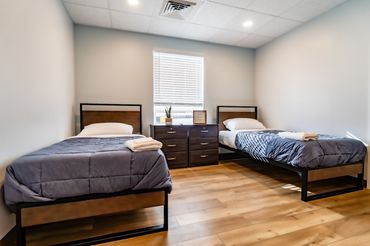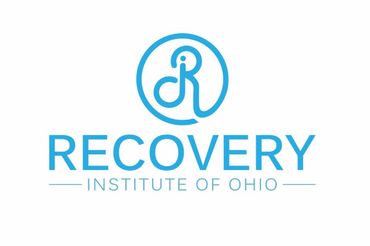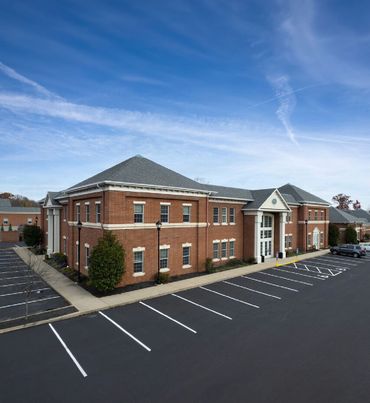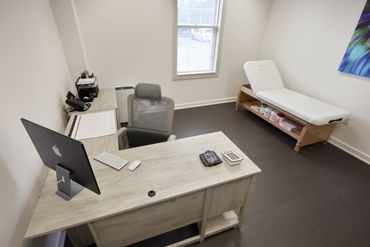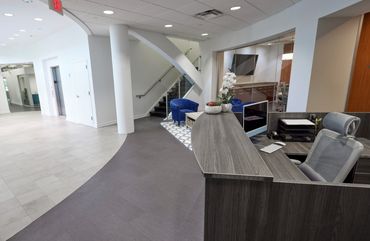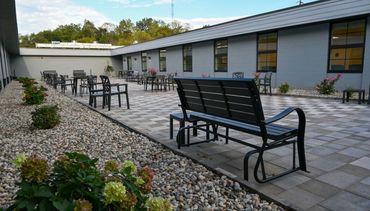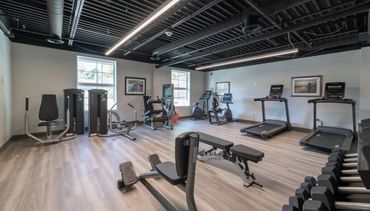
Drug & Alcohol Rehab Centers near Van Wert, OH
Taking the first step towards recovery from substance use disorder is a crucial decision. In Van Wert, Ohio, finding the right treatment is essential, and understanding payment options is equally important. It ensures that individuals can embark on their recovery journey with the necessary support and resources.
Treatment Centers near Van Wert, OH
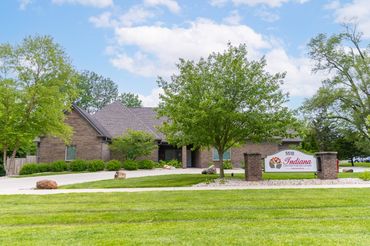
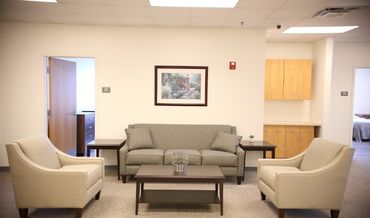

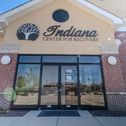
Open to Travel? Check out Top-Rated Options
All Treatment Centers near Van Wert, OH
Are You Covered For Treatment?
- Columbus Rehabs
- Cleveland Rehabs
- Cincinnati Rehabs
- Akron Rehabs
- Dayton Rehabs
- Youngstown Rehabs
- Toledo Rehabs
- Canton Rehabs
- Hamilton Rehabs
- Newark Rehabs
Information About Rehab in Van Wert
Latest Reviews
Latest Reviews of Rehabs in Ohio
Applewood Centers Inc - Jones Campus
Very client focused. Older buildings. Very helpful - attempts to get family involved but often the client is alone so the workers become their support system.
Community Health Center - RAMAR Center
Great people, reliable teachings, strong support. Follow-up programs lacking. Thank you for giving me my life back!
Area Information
Nestled in the state of Ohio, Van Wert is a community known for its friendly atmosphere and strong sense of community. Located in the western part of the state, this city has a diverse population of approximately 11,0001 and offers a mix of urban and rural attributes. With a rich history and a range of amenities, Van Wert is a great place for both residents and visitors.
Substance Misuse and Addiction in Van Wert, Ohio
Substance abuse and addiction are widespread issues not only in Van Wert but also across the entire state of Ohio. In 2020, the Ohio Department of Health reported a concerning 25 percent surge in unintentional drug overdoses, resulting in a total of 5,017 fatalities.2
Drug and Alcohol Rehab
Rehabilitation facilities offer various programs and options to address addiction. These programs are designed to cater to the unique needs of individuals on their journey to recovery. Understanding the diverse approaches available can help individuals make informed decisions about their treatment.
What Happens in Drug and Alcohol Rehab?
Entering into rehab involves navigating through multiple levels of care, including detox, inpatient treatment, outpatient programs, and aftercare. Each stage is tailored to meet the specific needs of individuals at various points in their recovery journey, recognizing that everyone’s path to sobriety is unique.
Detox Programs
Detoxification, often the initial step in addiction recovery, provides a medically monitored environment for individuals to safely navigate withdrawal symptoms. These programs are essential for those heavily dependent on substances, as withdrawal can be uncomfortable and, in some cases, pose health risks. Medical professionals closely monitor the process, and medications are administered to alleviate symptoms, making the journey more manageable.
How Long Is Detox in Rehab?
The duration of detox varies based on factors such as the type of substance, the individual’s health condition, and the severity of their addiction. Typically lasting between 3 to 7 days, detox aims to stabilize individuals physically, preparing them for the next stages of treatment.
Inpatient Drug and Alcohol Rehab
Inpatient treatment programs provide a comprehensive and immersive approach to recovery. These programs are designed for individuals requiring a higher level of support, often due to the complexity of their addiction or the presence of co-occurring mental health disorders. A key component of inpatient drug rehab is therapy, including both individual counseling and group sessions. The structured environment of a residential facility ensures a focus on recovery without the distractions of daily life.
The duration of inpatient programs is commonly 30 days, as this timeframe allows for a significant initial intervention. However, some individuals may benefit from extended programs of 60 or 90 days, depending on their unique needs and progress. Inpatient drug and alcohol rehab programs work to address the underlying causes of addiction, equipping individuals with coping mechanisms and life skills for a sustainable recovery.
Outpatient Drug and Alcohol Rehab
Outpatient treatment offers flexibility, allowing individuals to receive therapy while maintaining their daily responsibilities. This option is suitable for those with a supportive home environment and a lower risk of relapse. Outpatient programs typically involve regular therapy sessions, both individual and group, to address the psychological aspects of addiction. Tools for aftercare and relapse prevention are emphasized, providing individuals with practical strategies to navigate challenges outside of a controlled environment. While outpatient programs vary in intensity, they generally offer a gradual transition back into daily life, fostering a sense of independence and self-responsibility.
How Much Does Rehab Cost?
The financial aspect of rehab can be daunting, but it should not deter individuals from seeking help. There are various options available to alleviate the burden of payment, ensuring that individuals can access the treatment they need. Some of these include:
- Payment Plans
- Government Grants and Scholarships
- Free Rehab
- State-Funded Rehab
Does Insurance Cover Drug and Alcohol Rehab?
Many insurances cover at least partial costs of rehab, providing individuals with financial assistance. Understanding drug rehab insurance can help individuals explore their options, with the following widely accepted insurances easing the financial burden:
Finding The Best Rehab Center
Van Wert, Ohio Drug and Alcohol Rehab Facilities
Our rehab locator tool helps individuals find nearby facilities, whether in Ohio or elsewhere. While staying in-state is an option, going out of state for treatment is often advised to reduce distractions and increase focus on recovery.
Sources
- United States Census Bureau. Van Wert, Ohio. July 1, 2022.
- Ohio Department of Health. Preliminary Data Summary: Ohio Unintentional Drug Overdose Deaths. January 3, 2023.
